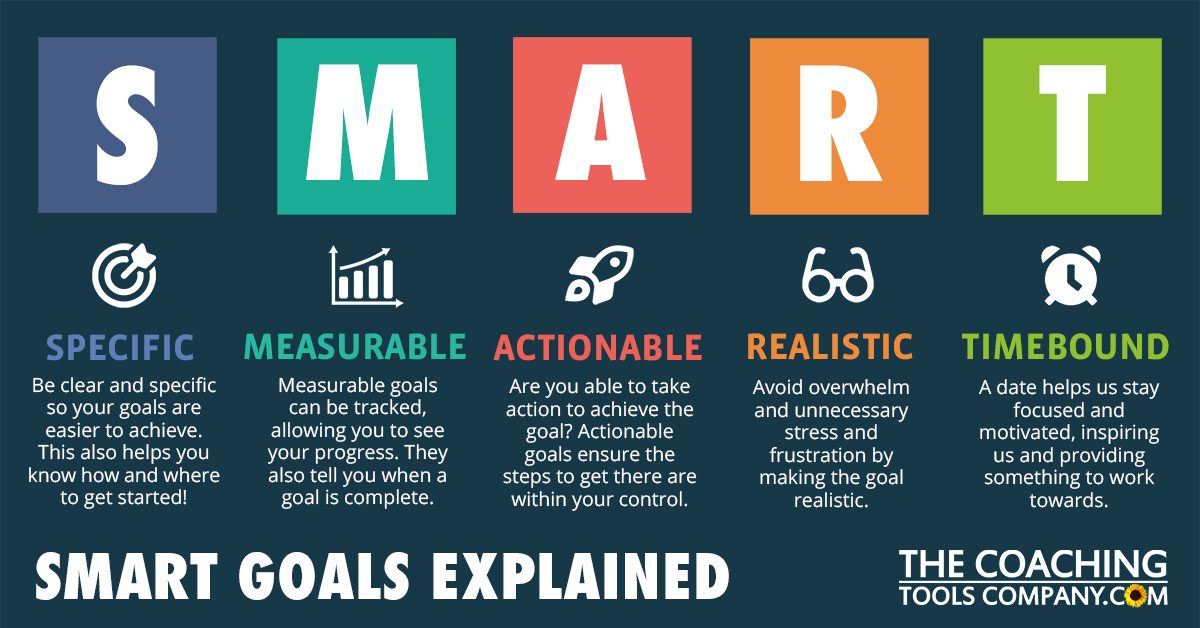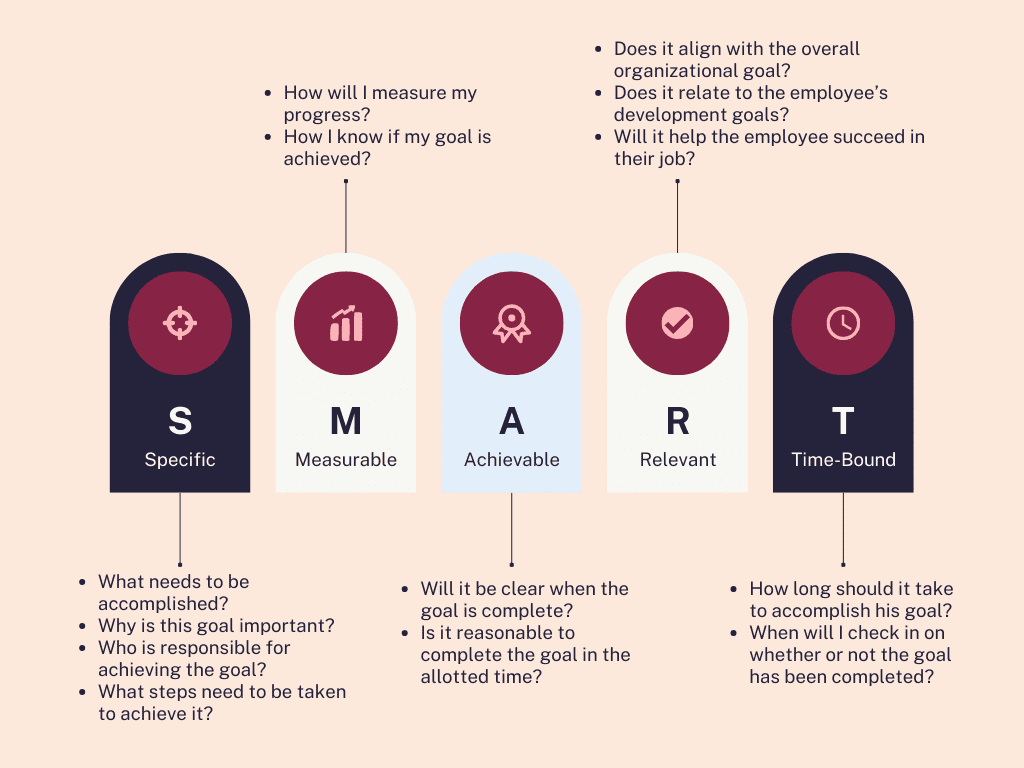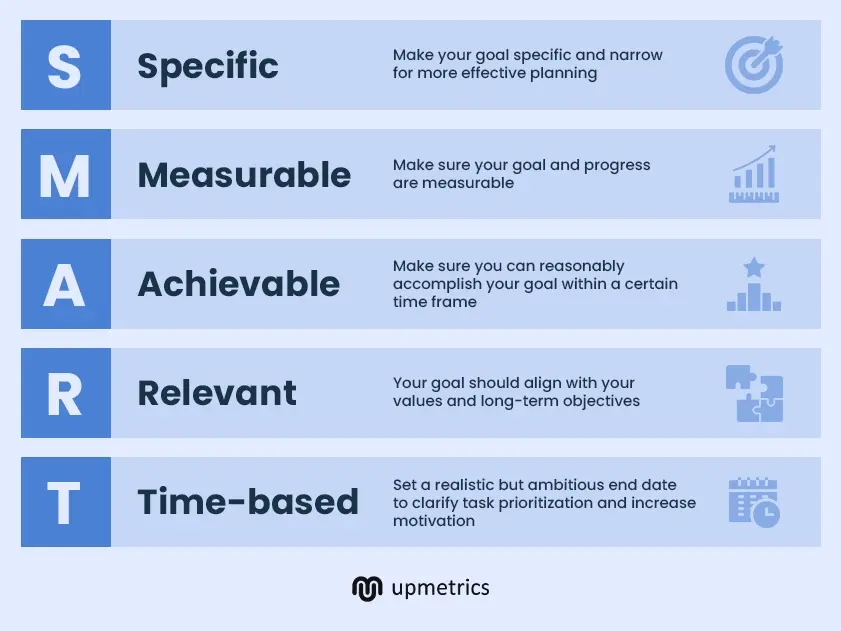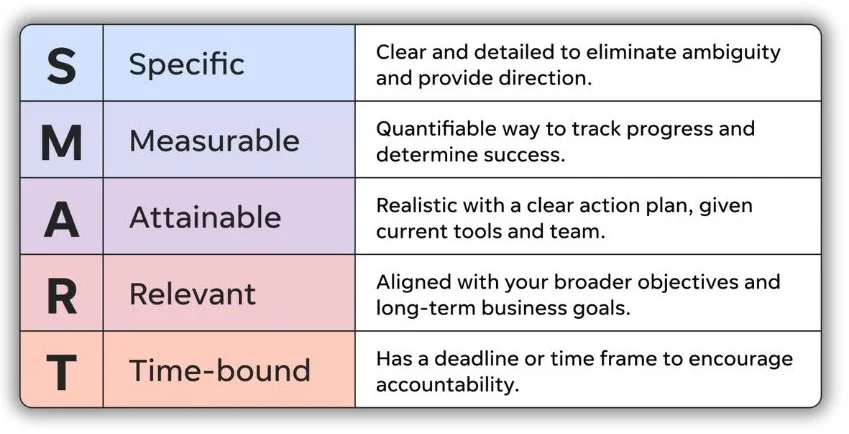To set realistic blogging income goals and effectively track performance, you should use the SMART framework—making goals Specific, Measurable, Achievable, Relevant, and Time-bound. For example, instead of a vague goal like "make money blogging," set a goal such as "earn $1,000 per month from affiliate sales by December 2025" to make it concrete and trackable.
Key steps include:
-
Define your income target clearly: Decide how much money you want to make monthly or yearly and by when. Break this down into smaller milestones (e.g., monthly or quarterly).
-
Ensure goals are achievable but challenging: Avoid overly ambitious goals that can discourage you. For instance, aiming for $100,000 in your first year might be more realistic than $200,000.
-
Use analytics tools to measure progress: Track traffic, conversion rates, affiliate sales, ad revenue, or product sales using Google Analytics, Google Search Console, or income tracking spreadsheets/tools.
-
Regularly review and adjust goals: Check progress weekly or monthly, and tweak your strategies or goals based on performance data to stay on track.
-
Focus on a few key goals at a time: Especially for new bloggers, limit yourself to 2-3 realistic goals to avoid overwhelm and increase chances of success.
-
Track income and expenses carefully: Use dedicated tools or spreadsheets to monitor all blog-related income streams and costs to understand profitability and adjust goals accordingly.
In summary, set specific income goals with clear deadlines, use data-driven tracking tools to monitor progress, and adjust goals regularly to keep them realistic and motivating as your blog grows.
Examples of SMART blogging income goals:
| Goal Aspect | Example |
|---|---|
| Specific | Earn $1,000/month from affiliate sales |
| Measurable | Track monthly affiliate commissions |
| Achievable | Based on current traffic and conversion rates |
| Relevant | Aligns with your blogging niche and monetization strategy |
| Time-bound | Achieve by December 2025 |
Tools to track performance:
-
Google Analytics (traffic, conversions)
-
Google Search Console (SEO performance)
-
Income tracking spreadsheets or software
-
Affiliate program dashboards
-
Social media and email subscriber analytics
This approach helps maintain motivation, measure success accurately, and make informed decisions to grow your blogging income sustainably.





